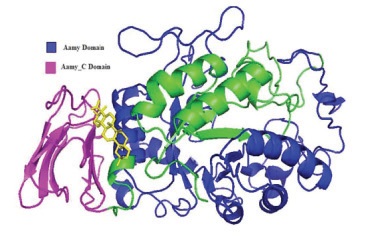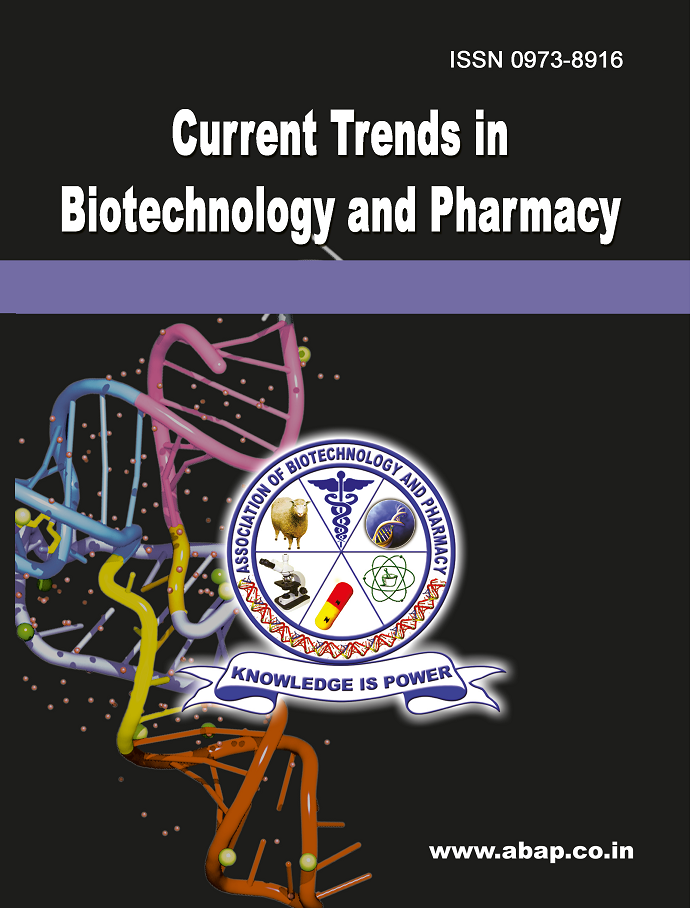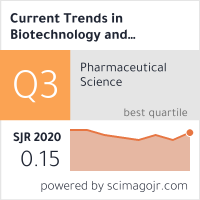Evaluation of Anti-Diabetic Nature of some Boswellic Acid Derivatives by Molecular Docking Method
DOI:
https://doi.org/10.5530/ctbp.2021.2.19Keywords:
Boswellic acid, Molecular docking, Diabetes mellitus, Pharmacokinetic property, alpha-amylase, alpha-glucosidaseAbstract
Diabetes mellitus is a metabolic disorder and the rising trend in the globe has created great concern in recent times. Since the synthetic drugs used to treat diabetes causes a large number of side effects, so the discovery of a novel plantbased drug molecule is necessary. The gum resin of Boswellia serrata contains a large number of molecule used to treat many numbers of diseases including the diabetes mellitus. The present work is an in silico approach to identify the boswellic acid derivative that can be suitably used for diabetes treatment. The ligand boswellic acid derivatives for the present study were obtained from searching the PubChem database followed by filtration and energy minimization of the molecules were performed. The receptor molecular structure of human alpha-amylase and alphaglucosidase were retrieved from the Protein Data bank (PDB). Molecular docking was performed by using the Autodock Vina tool. The alpha boswellic acid (PubChem ID 637234) showsthe highest affinity towards the selected two enzymes. Then the amino acid binding residues, as well as the pharmacokinetic properties of these derivatives, were predicted and analyzed. After overall analysis, the alpha boswellic acid showed an excellent pharmacokinetic profile, except for solubility. Hence it was predicted to be the best inhibitor among the selected boswellic acid derivatives and can be used to treat diabetes mellitus.



